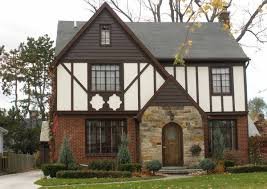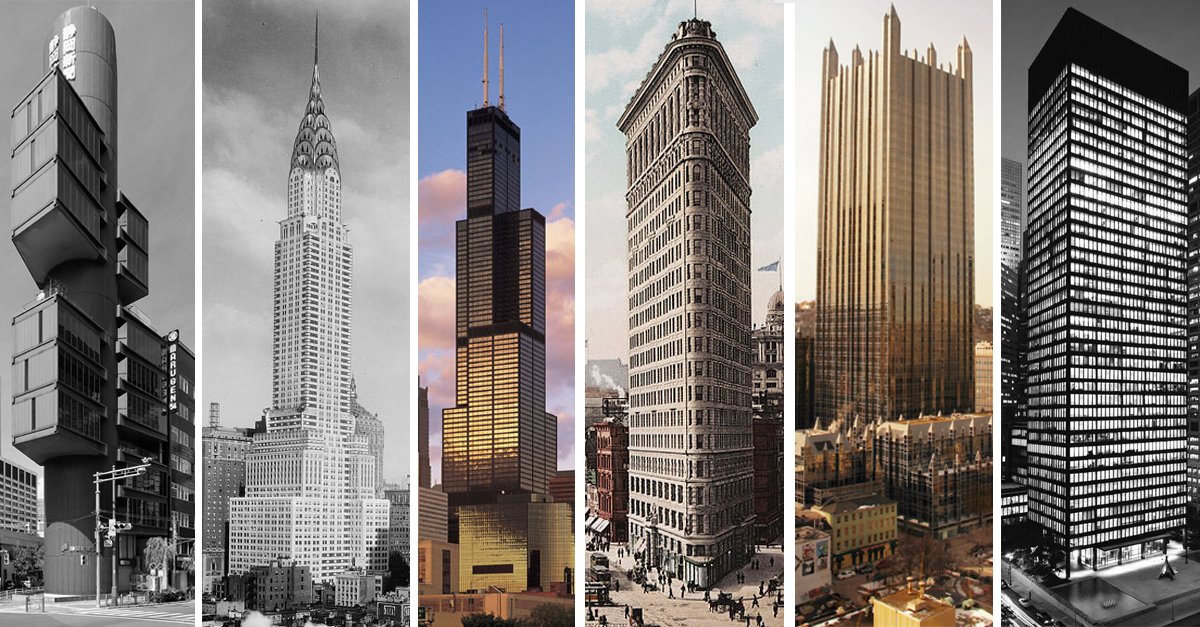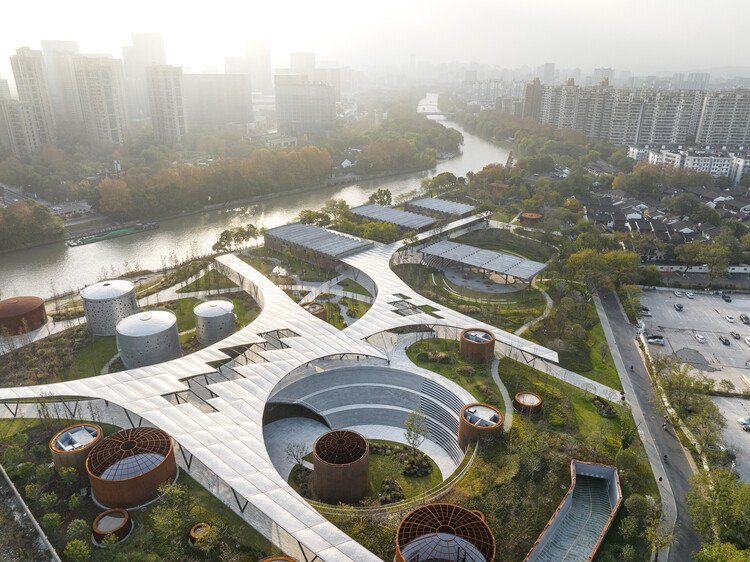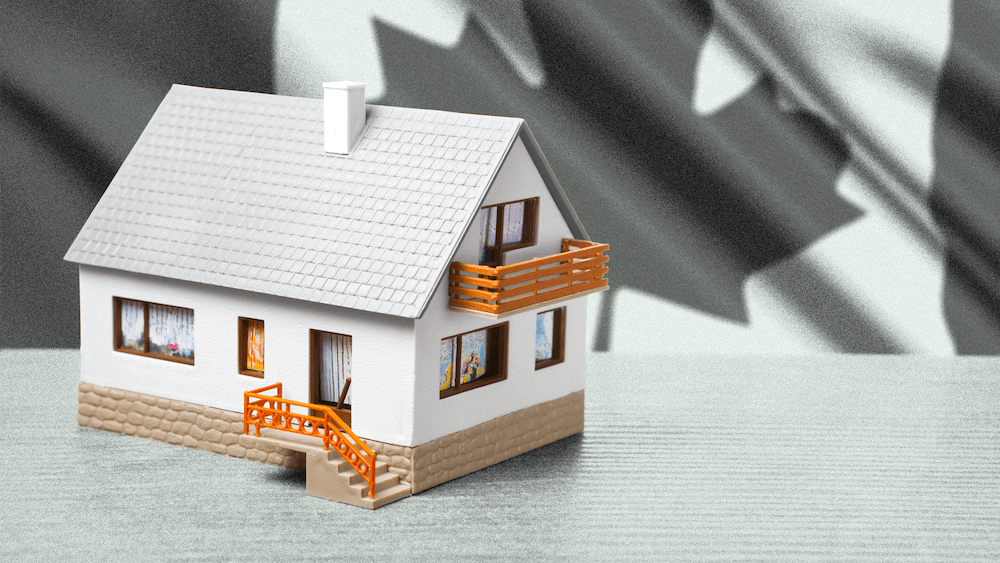Your home is likely one of the most significant investments you will ever make. Whether you’re a first-time buyer or a seasoned homeowner, safeguarding the value of your property is crucial to securing long-term financial stability. Protecting your home investment doesn’t just mean taking care of the physical structure; it also involves maintaining its financial and emotional value. Here are some smart strategies for protecting your home investment and ensuring its worth grows over time.
1. Regular Maintenance: The Foundation of Protection
Routine maintenance is one of the simplest and most effective ways to preserve your home’s value. Many homeowners tend to delay maintenance tasks, but these small repairs can accumulate into much larger, costlier issues if ignored. Regularly inspect your home’s systems, including plumbing, electrical, and HVAC, to ensure everything is functioning properly.
For example, cleaning gutters, checking the roof for leaks, and servicing your furnace annually will help prevent potential damage that could require expensive repairs later. A well-maintained home not only stays in good shape but also attracts higher resale value should you decide to sell in the future.
2. Invest in Energy Efficiency
Energy-efficient upgrades are not only great for reducing your utility bills, but they can also significantly increase your home’s appeal to potential buyers. Energy-efficient windows, insulation, LED lighting, and smart thermostats can help minimize energy consumption while boosting your home’s overall comfort.
Additionally, green home improvements are becoming increasingly popular in today’s market. Energy-efficient homes tend to be more desirable, especially in an era where sustainability is a top priority. If you plan on selling your home, energy-efficient features can set your property apart from others and improve its marketability.
3. Protect Against Natural Disasters
Natural disasters like floods, earthquakes, and wildfires can severely threaten your home’s structure and overall investment. Preparing for such events is crucial to minimize potential damage. Begin by reviewing your home insurance policy in South Jordan to confirm that it covers the specific risks that could impact your area.
In addition, consider making structural upgrades such as installing storm windows, reinforcing your roof, or adding flood barriers based on the local risks. Taking these proactive measures can help mitigate the effects of natural disasters, reducing the likelihood of costly repairs down the line.
4. Boost Curb Appeal
First impressions matter, especially when it comes to your home’s value. Whether you’re looking to sell or simply want to increase your property’s overall worth, curb appeal plays a critical role. Simple improvements like landscaping, repainting the front door, or upgrading outdoor lighting can make your property more attractive and inviting.
A well-maintained exterior not only adds aesthetic value but also shows potential buyers that the home has been cared for, which can translate to a higher price. Additionally, regular lawn maintenance, tree trimming, and seasonal cleanups will enhance the visual appeal of your home year-round.
5. Upgrade Key Areas: Kitchen and Bathrooms
The kitchen and bathrooms are two of the most important spaces in your home when it comes to maintaining and increasing its value. These areas are often where buyers will focus their attention, and outdated features can quickly diminish the appeal of your property.
Consider upgrading appliances, installing new countertops, or refreshing cabinets in the kitchen. In the bathroom, a new vanity, fresh tiles, or modern fixtures can completely transform the space. Even small, budget-friendly improvements in these high-impact areas can make a significant difference in both your home’s livability and its resale value.
6. Secure Your Property with a Home Security System
A home security system doesn’t just provide peace of mind; it can also enhance the value of your home. Buyers are increasingly looking for homes with modern security features, such as cameras, motion sensors, and smart doorbells. These systems provide an added layer of protection, making your home more attractive in a competitive real estate market.
Additionally, securing your property by installing quality locks, lighting, and fences will reduce the risk of theft or vandalism. When you take steps to protect your home from potential threats, you safeguard its physical and financial value.
7. Avoid Over-Improving
While home renovations are a great way to increase your property’s value, it’s important to avoid over-improving for your neighborhood. If your home has the most luxurious features in an otherwise modest area, you may not see a return on your investment when it’s time to sell. The key is to find a balance—make improvements that align with the average value of homes in your area, so you don’t price yourself out of the market.
For example, a high-end swimming pool might be a great addition in a luxury neighborhood, but in a more affordable area, it could be seen as a waste of resources. Always consider your local market trends before embarking on major renovations.
8. Stay on Top of Property Taxes
Property taxes can fluctuate over time, and they may impact the long-term value of your home. Stay informed about changes in local tax laws and any potential increases in your property’s assessed value. If you believe your property tax assessment is too high, you can challenge it. Regularly reviewing and addressing your property taxes ensures that you’re not overpaying, which can protect your finances and home’s value.
In Conclusion
Protecting your home investment is an ongoing effort that requires attention to detail and proactive planning. By maintaining your property, making thoughtful improvements, securing your home, and staying informed about changes that may affect its value, you can ensure that your home remains a valuable asset for years to come. These smart strategies not only enhance the physical condition of your property but also help preserve and even increase its financial worth, ultimately giving you the peace of mind that your investment is secure.






